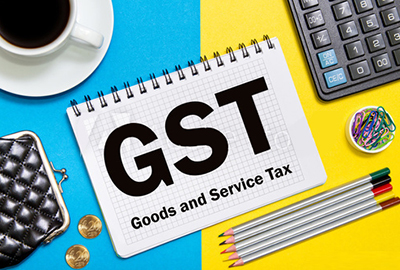GST Registration
Register for GST online with ease and stay ahead on Goods & Service Tax Compliance
Benefits of online GST Registration:
- Filing of Application for GST Registration
- Secure GST Identification Number
- Dedicated teamfor end to end process of GST registration
- Completely Online, No need to visit office




